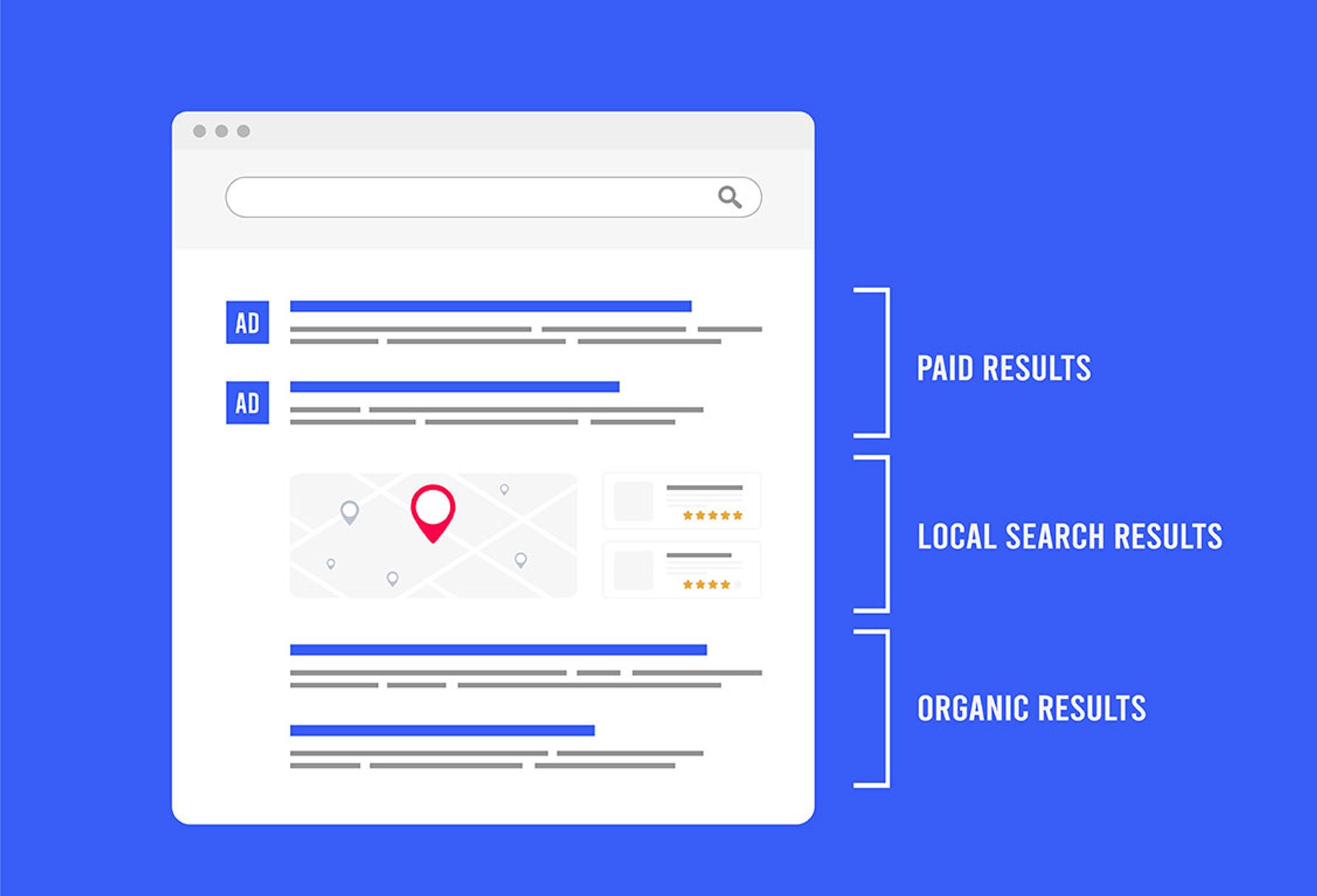
In the vast expanse of the internet, being discovered by your target audience can feel like finding a needle in a haystack. That's where the power of Search Engine Results Pages (SERPs) comes into play. If you've ever wondered how search engines like Google decide what to show you when you type in a query, you're about to dive into the world of SERPs. This blog post is especially tailored for business owners keen on improving their website's SEO or anyone curious about the intricacies of search engine results.
Understanding SERPs
At its core, a SERP is the page you see after entering a query into a search engine. These pages are more than just lists of links - they are dynamic, highly tailored responses to your specific query. Search engines use complex algorithms to generate SERPs, considering factors like relevance, website authority, content quality, and user experience.
Modifying Your SERP Appearance
While you can't directly dictate what a search engine will display, you can influence it. This is where Search Engine Optimization (SEO) shines. SEO involves optimizing your website's content and structure to make it more attractive to search engines. The goal is to rank as high as possible on a SERP, as higher rankings typically lead to more traffic.
Breaking Down SERP Components
A typical SERP includes several components:
- Organic Listings: These are the regular search results, ranked according to the search engine's algorithm.
- Paid Advertisements: Often appearing at the top of the page, these results are clearly marked as ads.
- Featured Snippets: These are short excerpts highlighted at the top of a SERP, aiming to quickly answer the user’s query.
- Local Listings: For location-based searches, these listings include local businesses relevant to the query.
Special Features in SERPs
Certain queries trigger special features in SERPs. For example, a search for a recipe might bring up a rich snippet with star ratings, cooking time, and calorie information. To appear in these special features, your website needs structured data - a standardized format for providing information about a page and classifying the page content.
Enhancing Your SERP Presence
Optimizing for SERPs involves several key strategies:
- Implementing relevant keywords
- Providing high-quality, valuable content
- Ensuring a mobile-friendly website
- Using structured data to qualify for rich snippets
- Building a strong backlink profile to increase authority
Conclusion
Understanding and optimizing for SERPs is a crucial part of modern SEO. It's about making your website not just visible, but appealing and relevant to both search engines and users. If this seems daunting, don't worry - Alkalyne Solutions is here to help. Our SEO services are designed to enhance your online presence, ensuring that your website not only ranks well in SERPs but also attracts the right audience. With our expertise, we can navigate the complexities of SERPs together, turning your website into a beacon for your target audience in the digital sea. Contact us today to start your journey toward a stronger online presence.